Does anyone remember Rowan Williams’ attempt to solve the same-sex marriage mess in the Anglican Communion using The Covenant? It was still alive and kicking – well, twitching at least – as little as five years ago, yet now it’s deader than the dandruff falling from Rowan’s eyebrows.
Justin Welby ignored The Covenant and, instead, imposed “consequences” on provinces that defied the ban on same-sex marriages. No one, least of all Welby, took them seriously.
Having now jettisoned both The Covenant and Consequences, Welby has settled on the idea of “good disagreement”, an ecclesiastical version of the cold war with ersatz pieties injected into it for appearances’ sake.
Fred Hiltz has jumped on the good disagreement bandwagon and is applying it to the Anglican Church of Canada. Sorry, he is embracing it.
The question is, if same-sex marriage were to remain forbidden in the ACoC, would anyone be proposing good disagreement as the solution for calming bruised liberals? Of course not: the battle would continue and all we would hear about would be prophetic voices, inclusion, justice and equality, laced with frequent references to a rubber stamping holy spirit. Good disagreement is just another smoke screen designed to cloud the judgement of conservatives in order to keep them in the fold, so as to continue to collect their offerings.
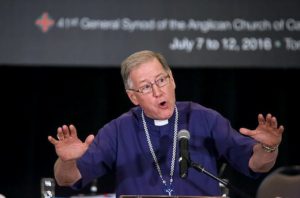 From here:
From here:
My own read is that many in our church are coming to accept and declare that we will never agree on this matter. There will always be those who favour same-sex marriage and those who oppose it, each from the ground of their own wrestling with the Scriptures and the long-held teaching of
the church on the nature of marriage. The challenge is, how do we live with such deep-seated differences of conviction?
At the heart of this challenge are two things—the acknowledging of our fears and the embracing of good disagreement.
Of the fear, Archbishop of Canterbury Justin Welby addressed his own church at a General Synod in 2014, saying, “There is great fear among some, here and round the world, that that will lead to the betrayal of our traditions, to the denial of the authority of Scripture, to apostasy, not to use too strong a word. And there is also a great fear that our decisions will lead us to the rejection of LGBT [Lesbian, Gay, Bisexual, Transgender] people, to irrelevance in a changing society, to behaviour that may seem akin to racism. Both those fears are alive and well in this room today.”
Of the nature of good disagreement,
the dean of St. Paul’s Cathedral in London, David Ison, wrote in 2015: “There is no expectation of achieving any consensus—in either direction—in the foreseeable future. But there is a task to be done of encouraging those within the church who are at odds on this issue to express their concerns in a safe environment, listen carefully to those with whom they disagree profoundly, find something of Christ in each other and consider together what the practical consequence of disagreement might be. From New Testament times the church of Christ has had to face disagreement. Fashioning our life as a church includes finding ways to ‘disagree Christianly’.”
I believe that in our church there is both a commitment and a capacity to do just that—to disagree in a manner that does not demean one another, but honours our calling in Christ. In good disagreement, no one is made to feel their position is of no value. No one feels belittled, walked over or pushed out. In good disagreement, there is, in truth, a continuing place for everyone in our church.
Like this:
Like Loading...
Nineteenth century records stored in a McMaster University library may bring the Niagara Anglican diocese much closer to identify the remains of hundreds of people buried under Hamilton’s Christ’s Church Cathedral parking lot.


 A CEREMONIAL water-walk along the Great Lake, in Toronto; a river clean-up in Swaziland; and a protest by women religious at a landfill of radioactive material are among the activities that will take place this month to mark the Season of Creation.
A CEREMONIAL water-walk along the Great Lake, in Toronto; a river clean-up in Swaziland; and a protest by women religious at a landfill of radioactive material are among the activities that will take place this month to mark the Season of Creation. A leader of some of Britain’s pagans is demanding the ‘return’ of two church buildings as compensation for property they claim was stolen from them during the conversion of England 1,300 years ago.
A leader of some of Britain’s pagans is demanding the ‘return’ of two church buildings as compensation for property they claim was stolen from them during the conversion of England 1,300 years ago.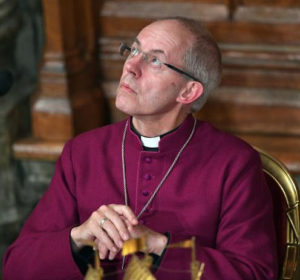 What IS the point of Archbishop Welby? QUENTIN LETTS questions why the Church of England leader is giving his views on the economy rather than filling emptying pews
What IS the point of Archbishop Welby? QUENTIN LETTS questions why the Church of England leader is giving his views on the economy rather than filling emptying pews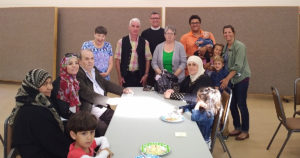 St. John the Evangelist Anglican Church in Leamington, Ont. made headlines recently with an ongoing foray into interfaith cooperation.
St. John the Evangelist Anglican Church in Leamington, Ont. made headlines recently with an ongoing foray into interfaith cooperation. From
From 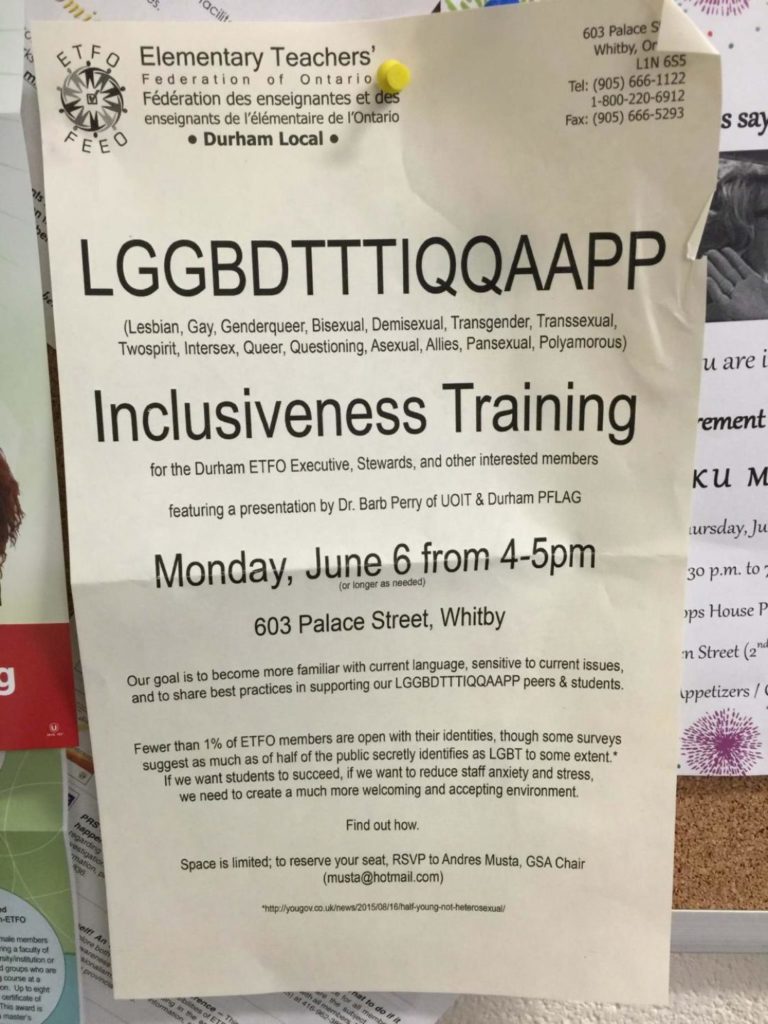
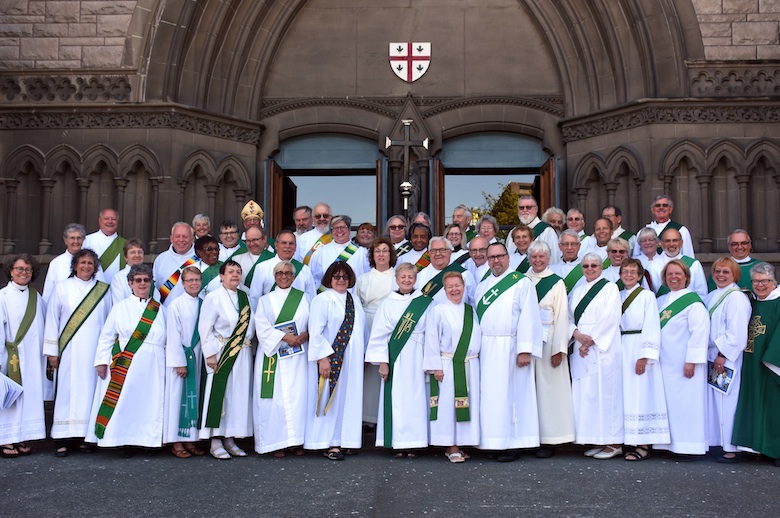 From
From